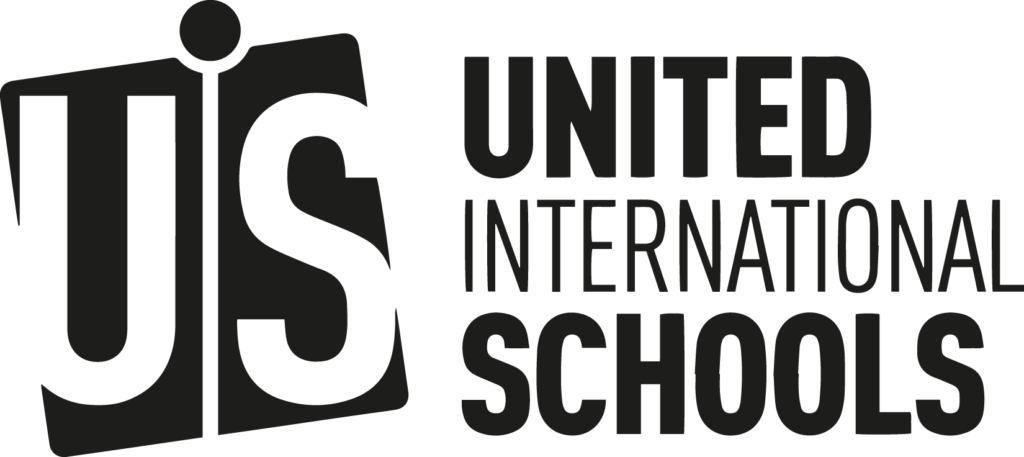Internal Quality Assurance Policy
The Quality Assurance Framework serves as a guide on the processes that help assure high quality of education and student experience. The framework was developed considering external reference points such as the European Standards Guidance, National Quality Assurance Framework Standards (amended to also cover Online/Blended Learning), the UK Quality Assurance Agency’s (QAA) Quality Code, the Office for Students On-going Conditions of Registration.
The principles that underpin the UIS approach to quality assurance are:
- Responsibility and Accountability – the quality assurance framework is built around the principle of shared responsibility to recognise the broad involvement of academic staff, students, employers, and other stakeholders involved in the quality assurance process at UIS. The same clear set of responsibilities is stated for each party to the process, including individual parties as well as committees, panels, and decision-making bodies.
- Relevance – quality assurance processes are designed to be relevant to the current needs of the stakeholders and external reference points with the aim of striving towards the highest quality of education, which is reflected in graduate attributes as well as student experience.
- Transparency – the quality assurance framework processes and associated roles, responsibilities, documentation, and outputs are set to be transparent and inclusive of the views of stakeholders aiming at constant and aligned enhancement in consideration of stakeholder’s inputs, as changes in the external environment occur.
Academic governance is at the core of the implementation of the quality assurance framework and provides support for decision making and involvement of stakeholders in accordance with the set principles.
The Academic Board has an ultimate responsibility for ensuring the academic standards of UIS and is therefore charged with the responsibilities relating to academic planning, validation, approval, re-validation, and monitoring. Executive responsibility for the Academic Board is held by the Rector as the chair of the Academic Board, who is both a member of the UIS Executive Council and the Academic Board. Operational responsibility for the academic regulations, and the quality assurance processes for all programmes is held by the Academic Registrar.
Responsibility for the quality assurance processes is delegated by the Academic Board to specific post holders and formally constituted committees and structures:
- Quality Assurance Standing Committee as a subcommittee of the Academic Board responsible for programme provision, policies and regulations relating to learning, teaching, assessment, quality assurance and improvement. The committee is also responsible for annual monitoring and review of all taught programmes and modules, and re-validation of programmes.
- Academic Planning Standing Committee as a subcommittee of the Academic Board responsible for programme development such as new programmes and curriculum innovations.
- UIS Validation Panel is a substructure of the Academic Board responsible for formal approval of the proposed content and structure of new programmes in accordance with internal and external reference points.
UIS ensures that all staff and students follow the clauses of the Equality, Diversity, and Inclusivity Policy , thus precluding any acts of discrimination at the institution. All staff and students are to be guided by the Equality, Diversity, and Inclusivity Policy and to promote its core principles during their work and studies. The principles are also reiterated in the Student Code of Conduct, which specifies the procedure for the actions that might be taken in case of violation of the policy. By having clear and transparent procedures UIS ensures that its vision and mission are supported, and all stakeholders are treated fairly and consistently in relation to any breach of internal regulations.
UIS has zero tolerance for academic misconduct and encourages integrity and academic freedom of all staff and students. The Academic Misconduct Procedure of the institution provides all stakeholders with the definition of what is considered academic misconduct. The policy outlines the procedure to be invoked in case of actual and potential academic misconduct, thus making sure that all parties are aware of the consequences of breaching the principles of academic integrity. At the same time through its Academic Regulations UIS ensures that little room is left for students to attempt to cheat during examinations and submission of assessments. A rigorous authentication process is employed at the stage of enrolment as well as for every single assessment to make sure that no cases of misrepresentation or impersonation take place during studies or assessments. All identified potential or actual attempts of impersonation are dealt with either through viva examination or academic misconduct hearing which is detailed in the Academic Misconduct Procedure of UIS.
Teaching staff are engaged for their academic competences, including scholarly and research activities and/or their practical competencies depending on the module responsibilities. Teaching materials and textbooks are generally prepared by research active teachers or academically proven practitioners who meet the criteria of eligibility for employment. Current research is reflected in practice of teaching in the form of scientific articles, made available to students as study materials. Academic articles and research contributions are available in the “Current Research” section of each module in the learning management system. Academic Board monitors the inclusion of research into teaching through the Annual Monitoring process.
UIS delivers programmes online and thus puts emphasis on development, maintenance, and availability of the required technical infrastructure. All necessary technological solutions to deliver education, implement policies and procedures, generate reports, and monitor the quality of education are put in place and managed through the governance structure of the institution. The Academic Board is responsible for overseeing the development of technological solutions to support the quality of delivery, while the Executive Council is responsible to make sure that appropriate funding is available and secured for the technological development at all stages.
